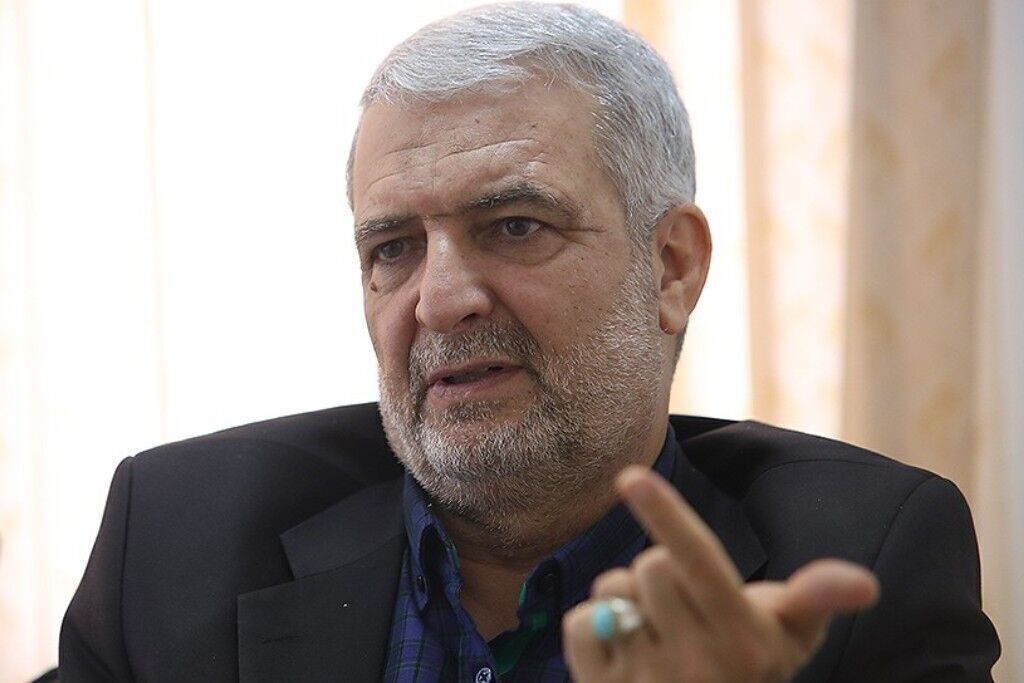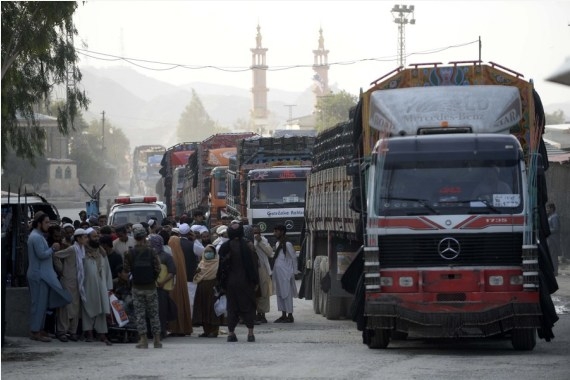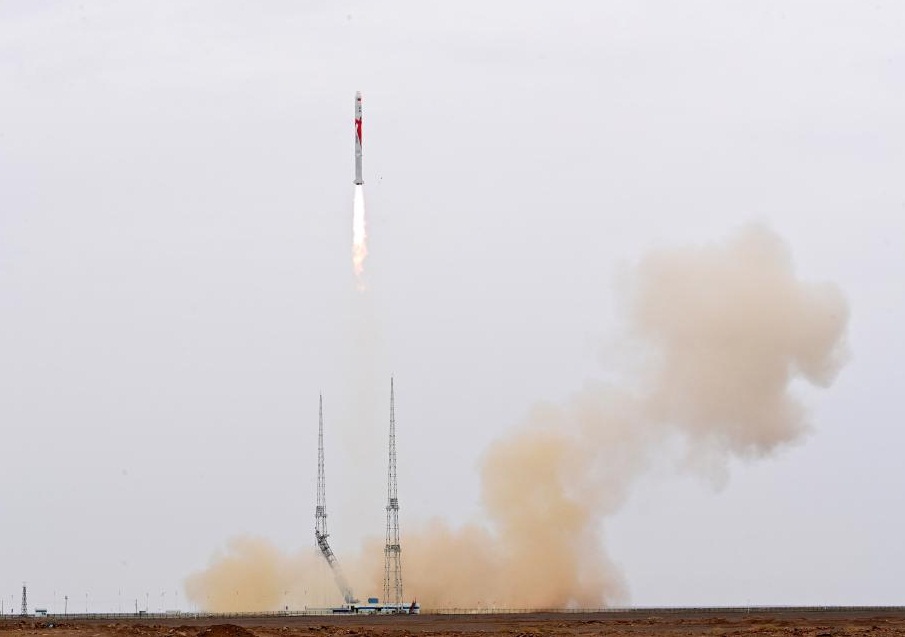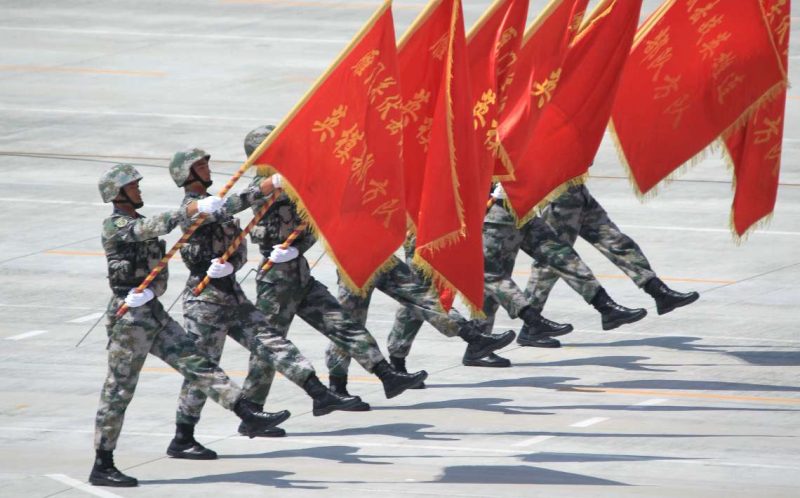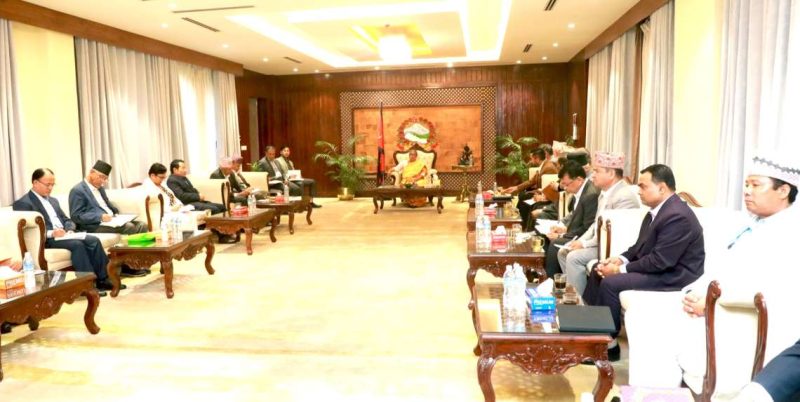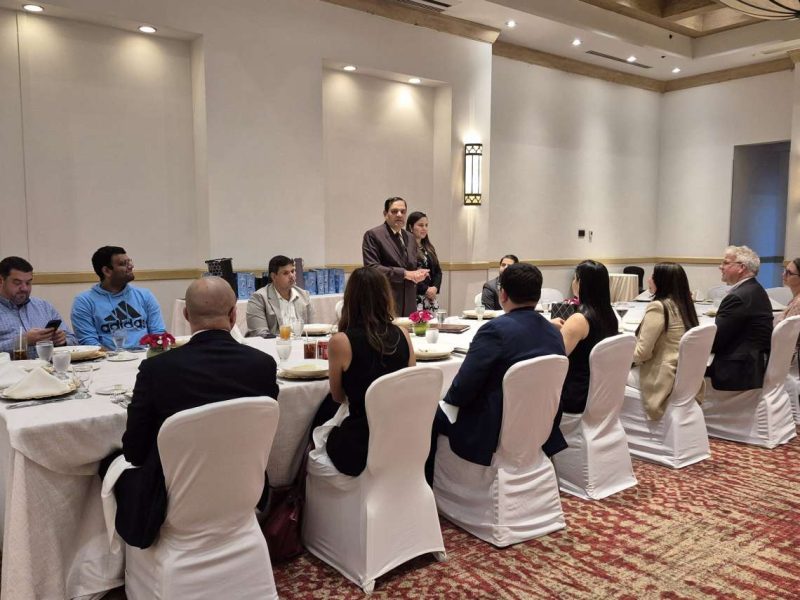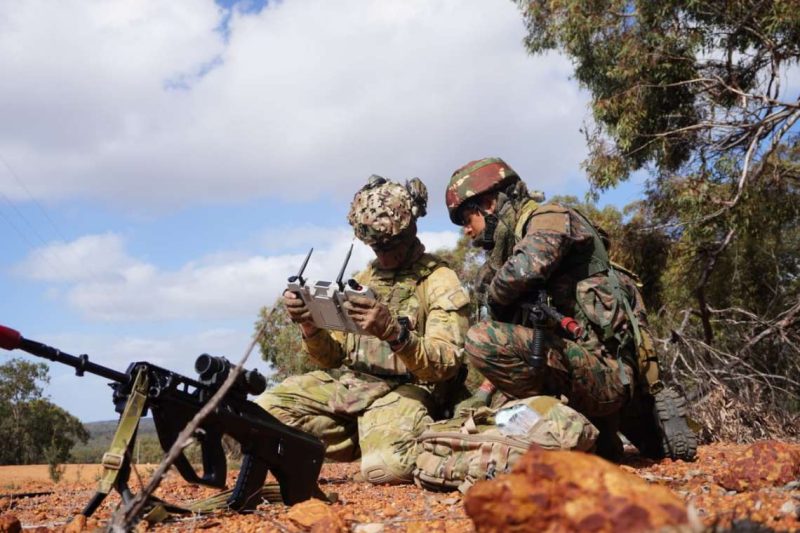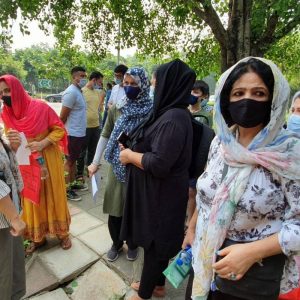Qomi expressed hope that the upcoming talks would alleviate the suffering of Afghanistan’s people and bring about peace…reports Asian Lite News
Iranian Ambassador to Afghanistan Hassan Kazemi Qomi, during the Doha meeting, stressed concerns regarding Afghanistan and conveyed Tehran’s position on it, reported Khaama Press.
Special Representative for Afghanistan Kazemi Qomi said that he participated in the third Doha meeting to clarify Tehran’s concerns regarding Afghanistan.
Qomi took to X on Sunday and said that he aimed to articulate Tehran’s positions, convey concerns about Afghanistan, and explain Iran’s humanitarian policies toward country residents to UN officials and participating nations.
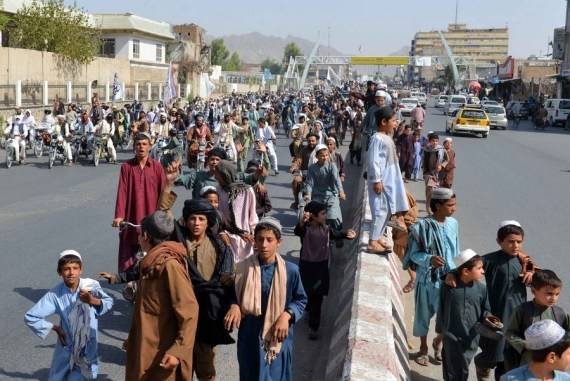
According to Iran’s ambassador and special representative for Afghanistan, the complex and critical conditions in Afghanistan and the region necessitate comprehensive negotiations involving all parties, Khaama Press reported.
Qomi further expressed hope that the upcoming talks would alleviate the suffering of Afghanistan’s people and bring about peace, stability, security, sustainable development, and a government based on the people’s free will without foreign interference or domination.
Meanwhile, the first day of the Doha meeting on Afghanistan was held on Sunday, in Qatar’s capital.
Zaher Jalali, the head of the Third Political Division at the Ministry of Foreign Affairs of the Taliban, stated that discussions on the second day of the Doha meeting will focus on financial and banking sanctions, the private sector, drug trafficking, and the preservation of progress.
However, the representatives from Afghan civil society and women were absent from this meeting, according to Khaama Press.
Representatives from over 20 countries and delegates from several international organisations are participating in the second session of Doha, and a delegation from the Taliban will also be present at this conference.
Stephane Dujarric, the spokesperson for the UN Secretary-General, said that the delegation from the Taliban-led government will engage in talks with special representatives from various countries and institutions on Sunday and Monday, Tolo News reported.
Civil society and women representatives of Afghanistan, who have been key players in other international conferences on Afghanistan, have not been invited to the third Doha meeting, sparking widespread domestic and international criticism, Khaama Press reported.
The Taliban has not been internationally recognised since seizing power in August 2021 as US-led forces withdrew after 20 years of war. Since the Taliban returned to power, most girls have been barred from high school and women from universities. (ANI)
ALSO READ: Indian envoy explores economic ties with Iran-India Biz Chamber


